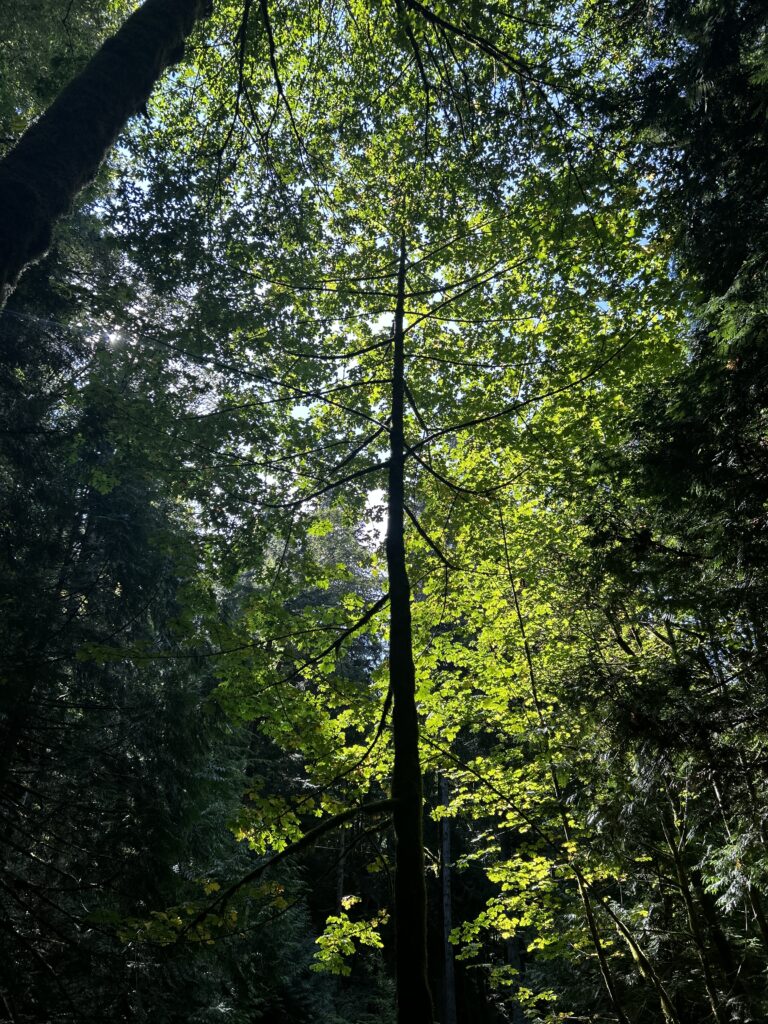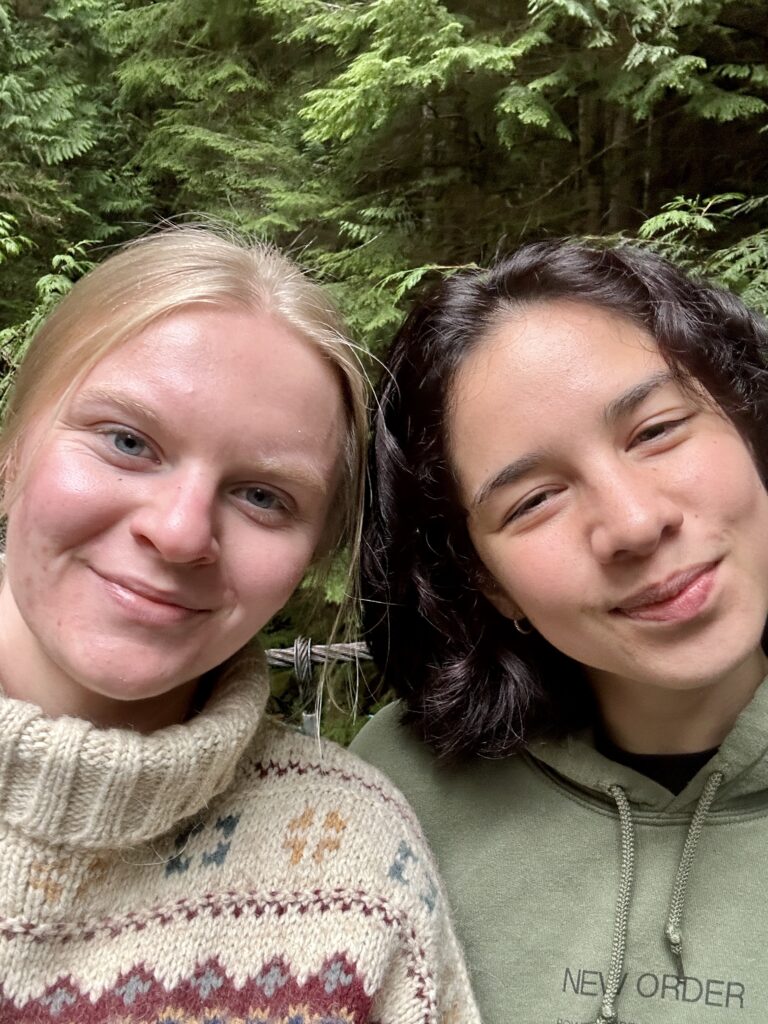
Who Am I?
Hi there! My name is Madeleine, and I’d like to welcome you to my blog! I’m in my fourth year of learning at the post-secondary level. I’ve arrived at UVIC after 2 years of general studies in the university transfer program at Camosun college. I’m so thankful that this has been my journey, as it has meandered gently, allowing me to explore so many amazing fields. I have enjoyed courses in biology, religious studies, and psychology, but have ultimately landed in the Geography BSc program. I love the breadth of study offered by the field of geography. Learning about complex political land management issues, ecology, and geomorphology fuel my fire. The people closest to me can attest to the fact that I am a slow, chatty, and NERDY hiker. I love slowing down and appreciating mosses and fungi, as well as the many fascinating landforms and forest histories that this beautiful province has to offer. 🙂
In this blog post, I hope to reflect on some themes of module 1: Social Media, Personalized Learning, Digital Literacies, Digital Identity, and Ethical Online Practices.

Experiencing The Power of Connection: How Social Media Can Build and Break Bridges
Social media helps me to connect and learn in my everyday life. I have learned about my niche acadmeic interests and skills in my personal life, like those related to cooking and nutrition. I have also used social media as a tool to connect with classmates and acheive course objectives throughout my educational career. Needless to say, there are countless advantages to harnessing social media in today’s learning environment. That being said, we should consider it’s wild nature when using this tool.
Navigating Treacherous Waters
I remember when I first downloaded TikTok. It was the early days of the pandemic, and I was all too willing to be sucked down as many digital rabbit holes as it would take for me to feel good, or normal, or just *better*. As I would find out, social media platforms have no interest in making their audiences feel better, and will work to disregulate audiences to boost engagement. This means an ocean of misinformation and emotionally charged content personalized to fit each individual’s neurosis.
Thankfully, I have since improved my digital literacy (and emotional regulation) skills. I am better suited to sail those seas now. It is important that as consumers of this media that we stay cognizant of our goals, and guard our own best interests. We can harness the benefits of these algortihms to boost engagement, encouraging others to stay sharp and analyze media critically as not to fall into traps of misinformation or negativity.

New Frontiers in Education: My Experiences of Personalized Learning and Digital Literacy
While I don’t have many successful exapmples of highly personalized learning plans to draw upon, I find it to be an inspiring innovation in educational paradigms. In my limited experience, having more flexibility with assignment topics has helped me todig deeper into the course material, and feel more accomplished in my learning.
On the other hand, developing skills like evaluating credible sources and using research databases has been crucial in academic success. These abilities empower me to navigate information confidently and make informed decisions in my studies and personal projects.
Digital Identity: The Inevitable Footprint

As people firmly planted in the digital age, we are faced with the daunting prospect of leaving incredibly personal, traceable footprints behind. It is vitally important that we recognize the importance of curating appropriate and positive profiles, as to maintain privacy. For this reason, I maintain a private, personal instagram account that is seperate from my professional life. Additionally, I am intentional about what I share on my personal account. Over the course of my educational life, I have adjusted to use tools like Brightspace and Google Drive. These were challenging at first, but they have ultimately made my educational journey more immersive and efficient.
Finally, by being mindful of sharing accurate and respectful content, I can foster trust and collaboration in digital spaces. These ethical practices contribute to a positive and inclusive online community. In this way, I can ensure my digital identity supports both my educational goals and long-term career aspirations.
Recent Comments